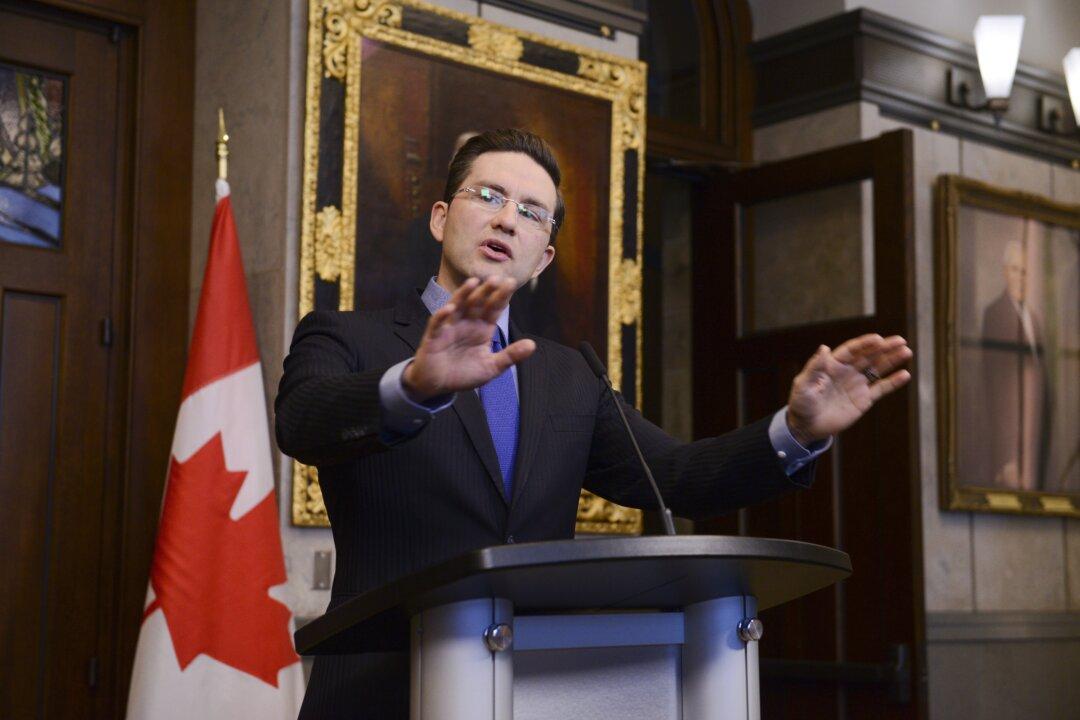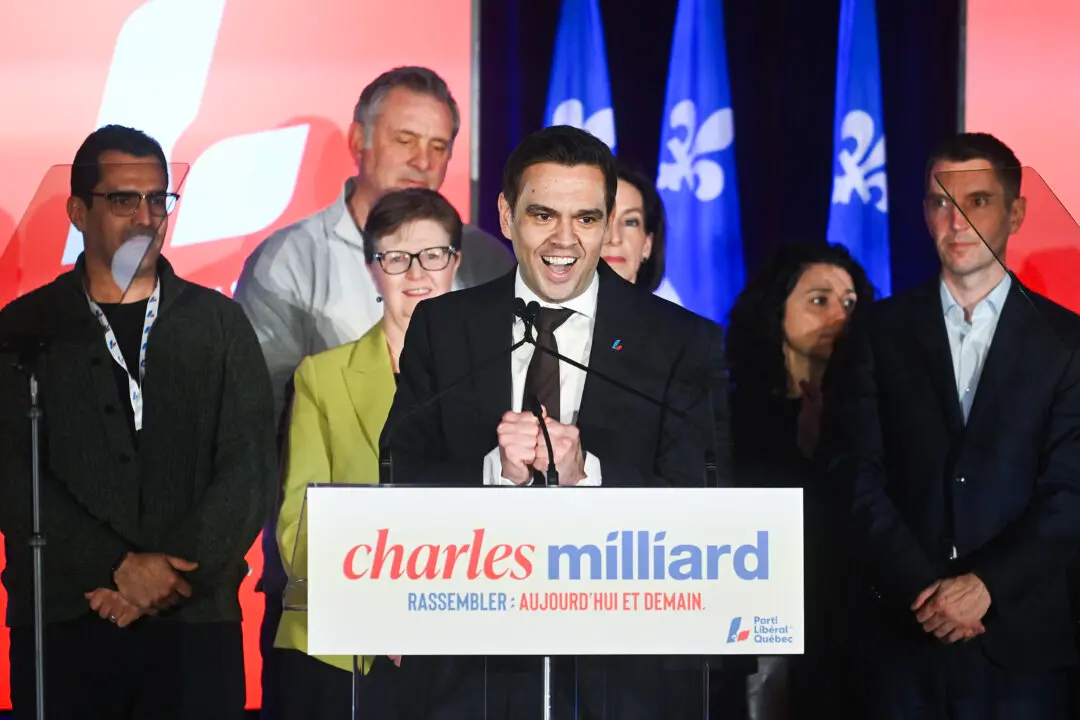OTTAWA—A senior Conservative instrumental in the party’s last leadership race says choosing a new leader at the upcoming convention in April is feasible, but would take a lot of work.
Dan Nowlan, who oversaw the 2017 leadership contest that ended in a photo-finish victory for Andrew Scheer, also says it’s disappointing that the party’s longtime executive director isn’t going to have a formal role to play in that process.





